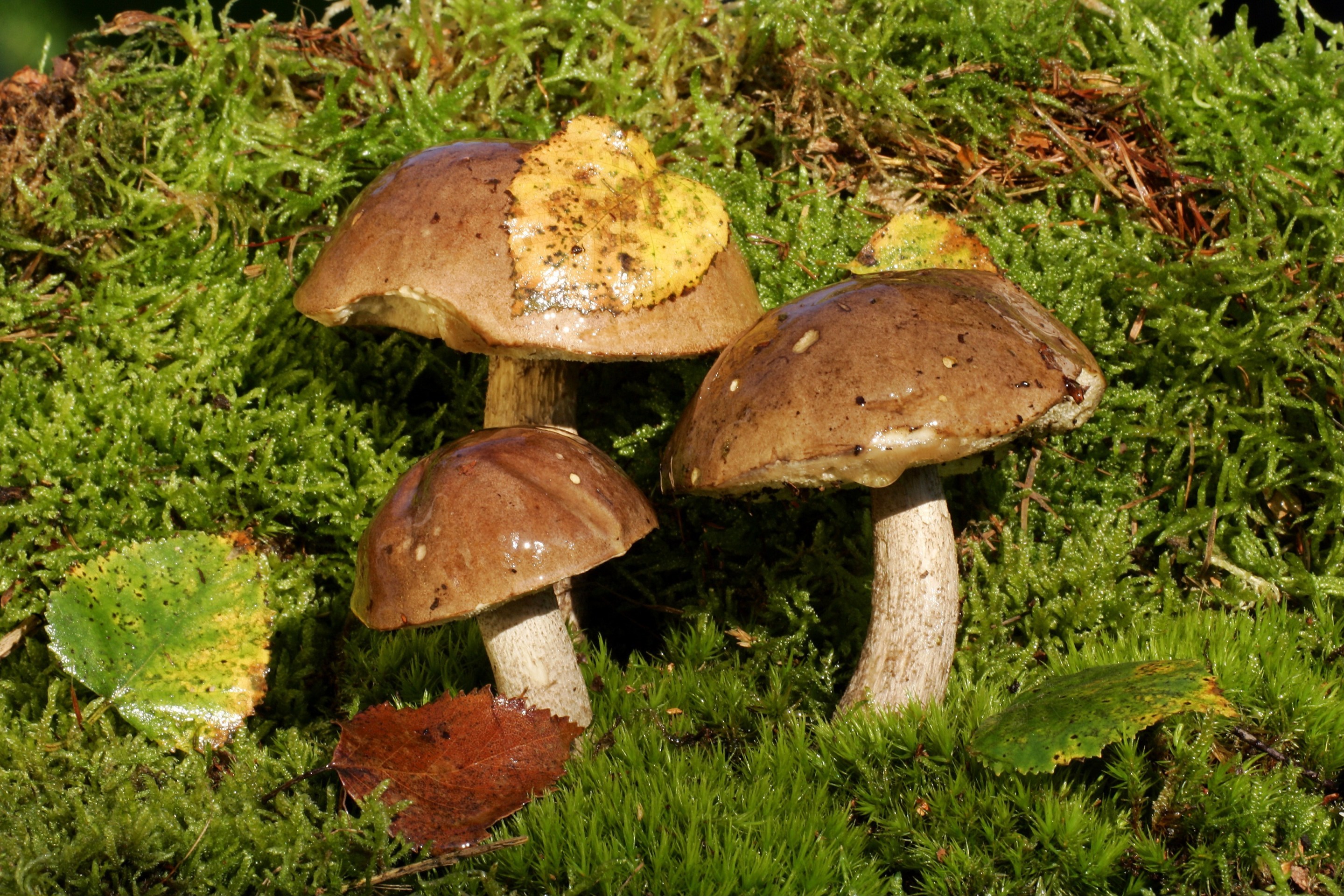I just read Leo Tolstoy's 1870s novel Anna Karenina for the first time, and I am treating it like a real accomplishment. For basically all of my life, whenever I've heard reference to Tolstoy—OK, mostly War and Peace specifically, but whatever—it's felt like he's been hanging high above my head, his essence incomprehensible to my less-developed brain. He's so revered and so synonymous with supersized, challenging literature that he felt, basically, like the final boss of reading.
What surprised me about Anna Karenina, however, is that on a sentence level, it isn't tough at all. It was listed under "YA" at my library, sure, but I kind of thought that was some sort of trick to lure young people into giving a classic a shot. The language in my copy was so basic and so direct about what was happening that I actually looked up the translation to make sure I hadn't accidentally grabbed some sort of "No Fear Shakespeare" version of the novel. (Apparently, Louise and Aylmer Maude were pals of Leo's back in the day, so I trust that they were faithful.)
A lesson here is that length, depth, and difficulty are not necessarily related when it comes to fiction. What you need to read Anna Karenina is not a particularly advanced vocabulary but just a lot of time, the ability to keep track of a massive cast of Russians, and a willingness to plow through some of the drier sections about farming.
The melodrama that makes up the heart of the book is juicy, but the scope of Tolstoy's work means that there is plenty of room for small detours with minor characters. And as much as Anna herself—perhaps even more so—I've been stuck in the days since thinking about a tiny, tiny passage concerning Sergey Ivanovich Koznishev, half-brother to the one of the main characters, and a woman named Varenka. This isn't important to the larger plot, so I don't consider it a spoiler, but about two-thirds into the book, some folks are hanging out in the country, and the idea of getting Sergey (who loved a woman who died years earlier) together with Varenka is a hot topic of discussion. Both of them feel the attraction, and the possibility of marriage sits heavy on their minds, but as their feelings for each other build and build and build, they are inexplicably sabotaged by the fact that Sergey can't bring himself to shift the conversation to his feelings. I'll let Leo take it from here:
Seeing Sergey Ivanovitch approaching, she did not get up and did not change her position, but everything told him that she felt his presence and was glad of it.
“Well, did you find some?” she asked from under the white kerchief, turning her handsome, gently smiling face to him.
“Not one,” said Sergey Ivanovitch. “Did you?”
She did not answer, busy with the children who thronged about her.
“That one too, near the twig,” she pointed out to little Masha a little fungus, split in half across its rosy cap by the dry grass from under which it thrust itself. Varenka got up while Masha picked the fungus, breaking it into two white halves. “This brings back my childhood,” she added, moving apart from the children beside Sergey Ivanovitch.
They walked on for some steps in silence. Varenka saw that he wanted to speak; she guessed of what, and felt faint with joy and panic. They had walked so far away that no one could hear them now, but still he did not begin to speak. It would have been better for Varenka to be silent. After a silence it would have been easier for them to say what they wanted to say than after talking about mushrooms. But against her own will, as it were accidentally, Varenka said:
“So you found nothing? In the middle of the wood there are always fewer, though.” Sergey Ivanovitch sighed and made no answer. He was annoyed that she had spoken about the mushrooms. He wanted to bring her back to the first words she had uttered about her childhood; but after a pause of some length, as though against his own will, he made an observation in response to her last words.
“I have heard that the white edible funguses are found principally at the edge of the wood, though I can’t tell them apart.”
Some minutes more passed, they moved still further away from the children, and were quite alone. Varenka’s heart throbbed so that she heard it beating, and felt that she was turning red and pale and red again.
To be the wife of a man like Koznishev, after her position with Madame Stahl, was to her imagination the height of happiness. Besides, she was almost certain that she was in love with him. And this moment it would have to be decided. She felt frightened. She dreaded both his speaking and his not speaking.
Now or never it must be said—that Sergey Ivanovitch felt too. Everything in the expression, the flushed cheeks and the downcast eyes of Varenka betrayed a painful suspense. Sergey Ivanovitch saw it and felt sorry for her. He felt even that to say nothing now would be a slight to her. Rapidly in his own mind he ran over all the arguments in support of his decision. He even said over to himself the words in which he meant to put his offer, but instead of those words, some utterly unexpected reflection that occurred to him made him ask:
“What is the difference between the ‘birch’ mushroom and the ‘white’ mushroom?”
Varenka’s lips quivered with emotion as she answered:
“In the top part there is scarcely any difference, it’s in the stalk.”
And as soon as these words were uttered, both he and she felt that it was over, that what was to have been said would not be said; and their emotion, which had up to then been continually growing more intense, began to subside.
“The birch mushroom’s stalk suggests a dark man’s chin after two days without shaving,” said Sergey Ivanovitch, speaking quite calmly now.
“Yes, that’s true,” answered Varenka smiling, and unconsciously the direction of their walk changed. They began to turn towards the children. Varenka felt both sore and ashamed; at the same time she had a sense of relief.
This section is devastating, the way a reader can feel romantic happiness slipping like sand through the fingertips of both characters right as the story has trained us to expect a climax. Even worse, it's not because they tried and failed, but because they couldn't spit out the right words at the right time. Yet I don't look upon Mushroom Guy as a caricature of a bumbling would-be lover. We all lack full control over our destinies, which may have pivotal moments we never even realize have passed us by. Tolstoy's mastery of the human condition means that you often get out of his work what you put into it, and so I've been thinking about this scene a lot in the context of a life-changing action of my own earlier this year.
Basically, at the end of a spiritually bleak January, I made a social media post about wanting a guy to take me to a hockey game, and a stranger responded, and it's only gotten better from there. It's almost infuriating for me to think about how easily love might have never happened at all—how without a few lucky words at the right time my year and my life would've been so much emptier. I think most folks who've found their person are ultra-conscious of how many stupid coincidences had to go their way for the two of them to even meet. But we can't ever know about the ones we missed—and that's where fiction steps in. Sergey and Varenka remind me of our inherent powerlessness in the hands of fate, but also of the control we might exercise if we act when the time feels right. I'm just glad I didn't make that post about mushrooms instead.






